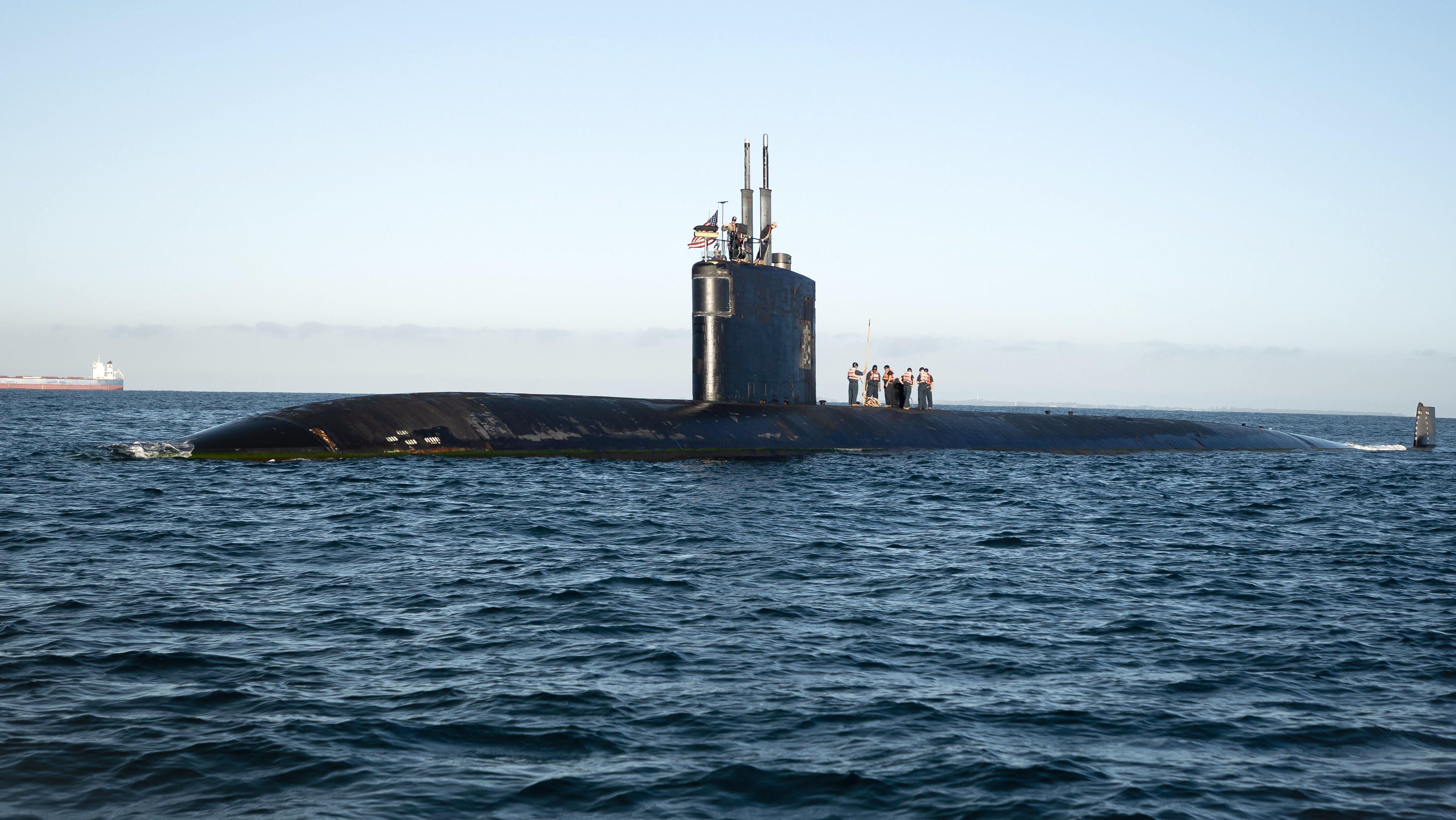There are some fascinating poll results over at The Guardian Australia site this morning.
According to the latest Guardian Essential poll, almost half of Australian voters would like to see Aukus reviewed following the election of U.S. President-elect Donald Trump.
In a survey of 1,206 voters, the publication found that Australians were concerned about the effects of the Trump administration on the economy, peace, and climate change.
Voters (48%) favour a review of the Aukus program and the acquisition of nuclear submarines by the Australian government.
This indicates a potential shift in U.S.-Australia relations, as Australians may reassess their strategic partnerships and alignments. The desire for a review suggests growing scepticism about the alliance's stability and reliability under the new U.S. leadership. Such sentiments could lead to increased diplomatic efforts by Australian leaders to ensure their national interests are safeguarded in any future agreements.
More poll respondents said the Trump administration will hurt the global economy (42% voted negative, 38% positive), "resolving global conflicts and promoting peace" (41% to 37%), and American influence on international affairs (44% to 37%).
As a result of Trump's election, the majority of respondents said Australia should take action to protect its democratic institutions (74%), reduce carbon emissions regardless of American actions (64%), and limit the power of American tech companies (62%).
21% strongly agreed that Australia should "review its commitment to the Aukus defence agreement, including its purchase of nuclear-powered submarines", and another 27% somewhat agreed.
Only 19% of respondents disagreed somewhat (11%) or strongly (8%), with one-third neither agreeing nor disagreeing.
The poll results suggest that there is significant public pressure in Australia to reevaluate its defence strategy and foreign policy priorities. The inclination to review the Aukus agreement and nuclear submarine acquisition indicates a potential shift towards more independent defence policies that prioritise national interests over longstanding alliances. This could lead to a more cautious approach in Australia's defence dealings with the U.S., focusing on diversification of defence partnerships and increased investment in self-reliant military capabilities.
Read more at The Guardian Australia on where people stand on Prime Minister Anthony Albanese's and Opposition Leader Peter Dutton’s approval rating. Also, read about climate change and education.
